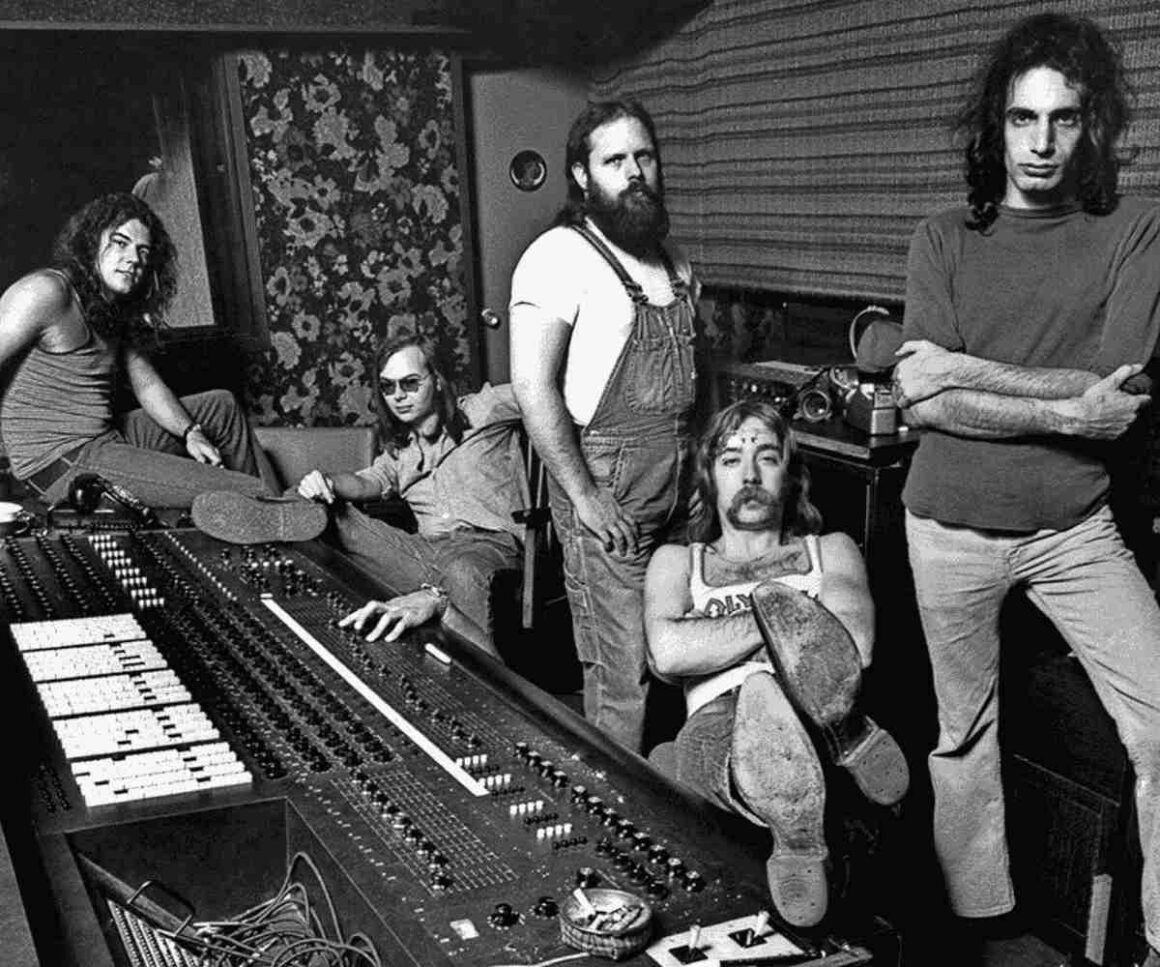Many bands face the challenge of lineup changes, whether from member conflicts, personal priorities, or artistic differences. Replacing a bandmate can be an awkward ordeal, but for Steely Dan’s Donald Fagen, the idea of stepping aside as lead singer was one he considered openly—especially if it meant Michael McDonald could take his place.
Fagen, known for co-writing and performing classics like “Reelin’ in the Years” and “Do It Again,” felt his vocal skills were lacking compared to McDonald’s. While he cherished his role, he believed McDonald might bring something uniquely powerful to the mic, enhancing Steely Dan’s music.
His admiration stemmed from working with McDonald in the early 1970s when the talented singer briefly joined Steely Dan. During his initial audition, McDonald impressed Fagen and the band, ultimately joining them on tour in 1973 and 1974. His distinctive vocal style and piano skills quickly left their mark.
Although McDonald’s touring stint with Steely Dan was short, he contributed to their studio recordings throughout the decade. By the late 1970s, McDonald transitioned to focus on his solo work and collaborations with The Doobie Brothers, but his influence on Steely Dan endured, especially for Fagen.
Reflecting on that era, Fagen revealed that he seriously considered giving up his spot to McDonald.
“There was a serious discussion about whether he should replace me as the lead singer,” Fagen shared. “That would have been my personal preference. But, for some dumb reason, I was voted down.”
Despite feeling strongly about it, Fagen accepted the band’s decision but later admitted he “regretted” not pushing harder for the change.
Fagen’s willingness to yield his role for the sake of the music speaks to his genuine admiration for McDonald’s talent. Calling him a “monster singer and musician” with a warm personality, Fagen saw no downside to McDonald taking over.
Yet, Steely Dan’s sound ultimately continued with Fagen at the helm, leading the band to widespread acclaim and a dedicated fanbase that remains strong to this day.
Even if McDonald’s full-time inclusion in Steely Dan is an alternate history we’ll never see, Fagen’s vision carried the band to success. McDonald may have made a crucial impact on their sound in the 1970s, but Fagen’s contributions were undeniably essential, establishing Steely Dan’s legacy with a sound that defined a generation







